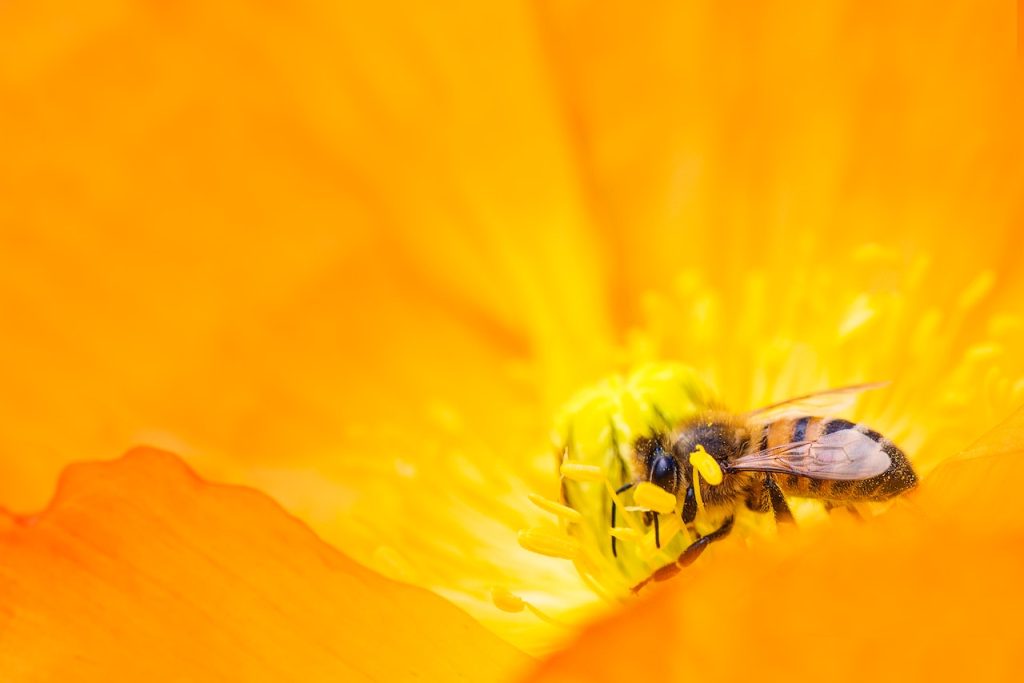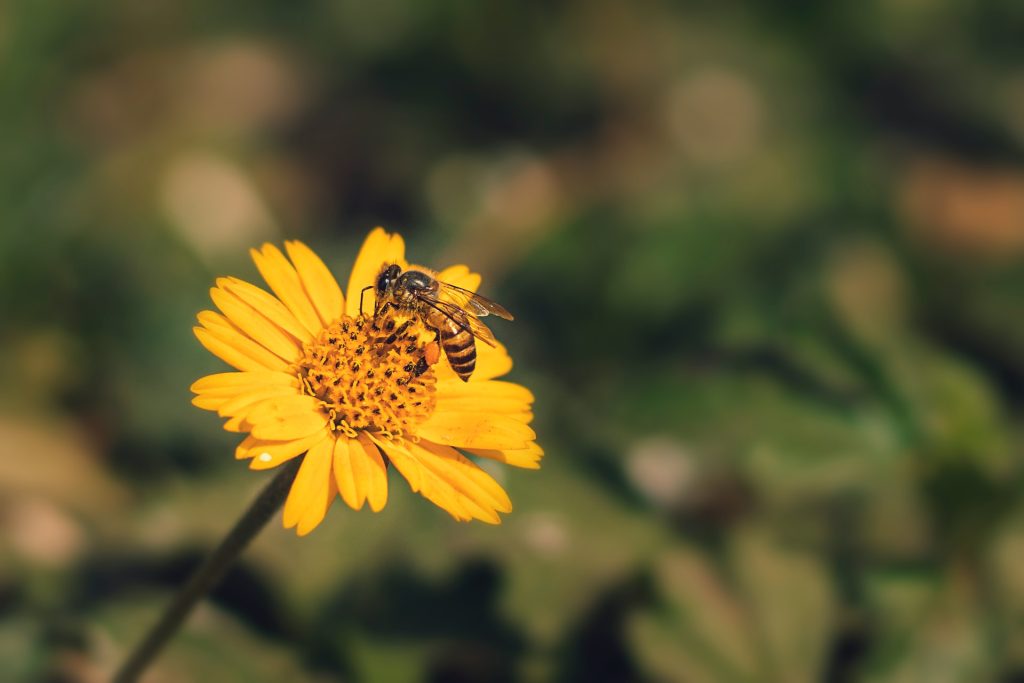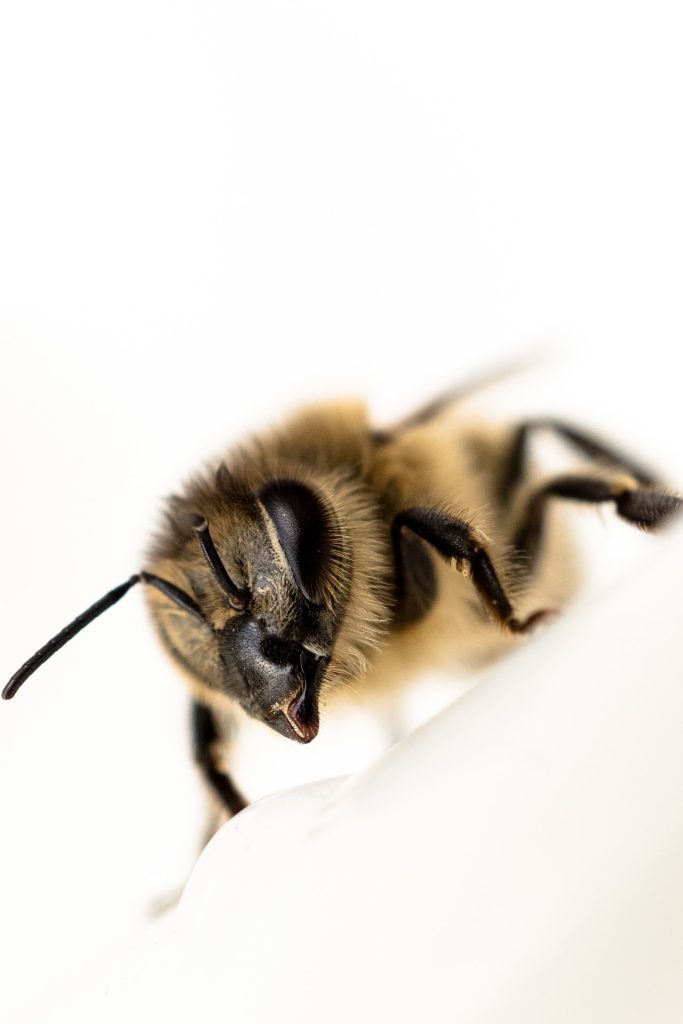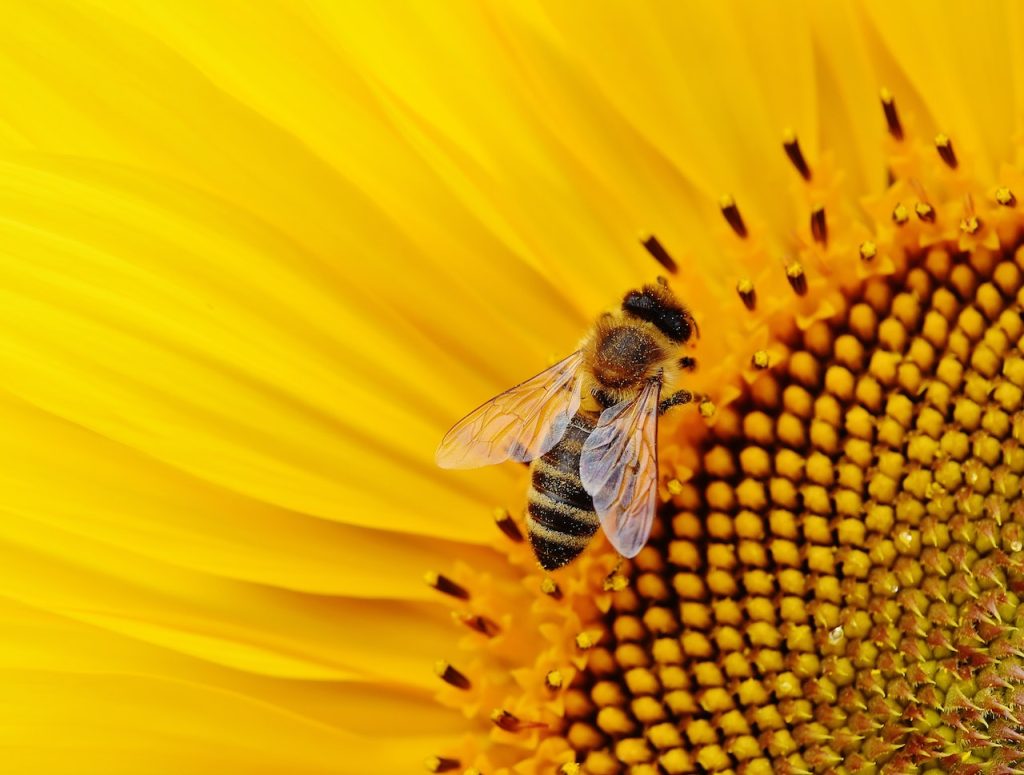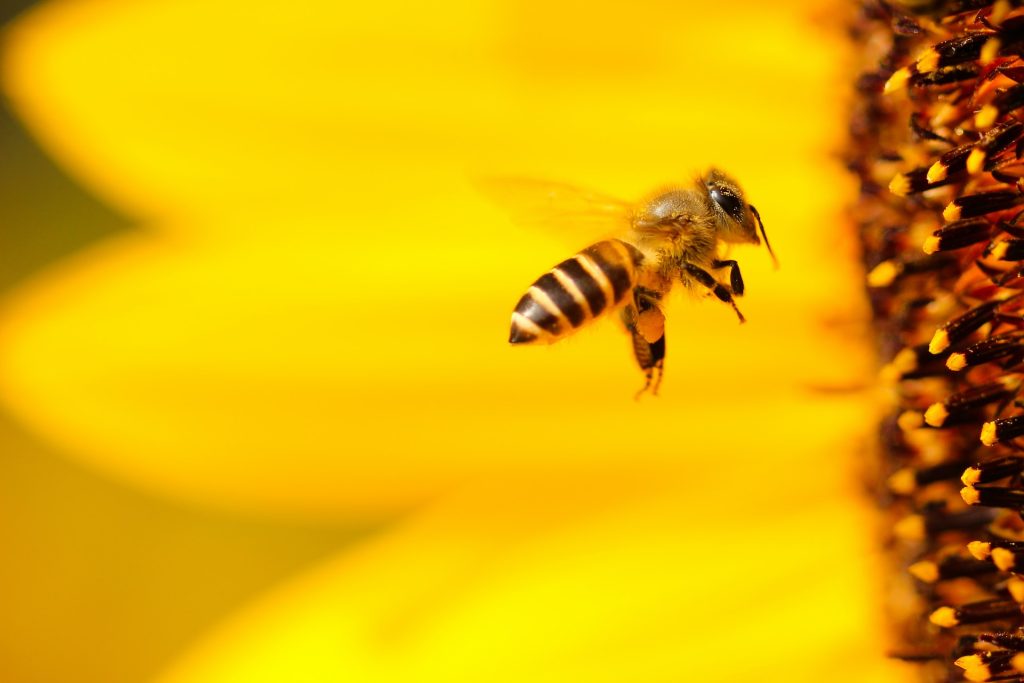The British Honey Bee
The British honey bee is a vital part of our ecosystem. Not only do they provide honey and beeswax, but they also pollinate crops and plants, making them essential to our food supply. Unfortunately, honey bees have been facing many threats in recent years, including habitat loss and pesticides. But there are also many ways that we can help to protect these fascinating creatures and ensure that they continue to thrive in the future.
The Vital Role of British Honey Bees
Honey bees are responsible for pollinating a vast number of crops in the UK, including apples, strawberries, raspberries, and many more. Without honey bees, we would lose a significant portion of our food supply. In addition to pollination, honey bees also produce honey and beeswax, which have been used for thousands of years for their medicinal and nutritional properties.
The Fascinating Life of a British Honey Bee
A colony of honey bees typically contains around 50,000 individual bees, all working together for the good of the colony. Each bee has a specific role to play, from the queen bee who lays the eggs to the worker bees who collect nectar and pollen and care for the young. Honey bees also communicate with each other through a complex system of dances and pheromones, allowing them to work together efficiently.
Threats to British Honey Bee Populations
Unfortunately, honey bees are facing many threats in the modern world. Habitat loss is a significant issue, as wildflowers and other plants that bees rely on for food are becoming increasingly scarce. Pesticides and other chemicals are also a major concern, as they can harm bees and disrupt their natural behavior. Climate change is another threat, as it can alter the timing of flowering plants and disrupt the bees’ natural cycles.
How You Can Help the British Honey Bee Flourish
There are many ways that you can help honey bees to thrive. Planting wildflowers and other bee-friendly plants in your garden can provide essential food for bees. Avoiding the use of pesticides and other chemicals in your garden can also help to protect bees. Supporting local beekeepers and buying honey from them is another way to support the bee population. Finally, spreading the word about the importance of bees and the threats they face can help to raise awareness and encourage others to take action.
Conclusion
The British honey bee is a fascinating and essential part of our ecosystem. By taking simple steps to protect these amazing creatures, we can ensure that they continue to thrive in the future. Whether it’s planting bee-friendly flowers, avoiding pesticides, or supporting local beekeepers, there are many ways that we can all make a difference. So let’s take action today and help to protect the British honey bee for generations to come.

